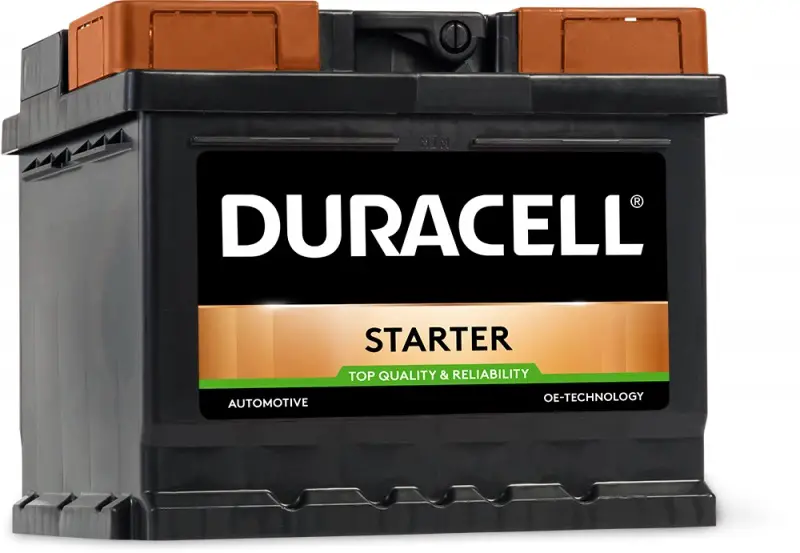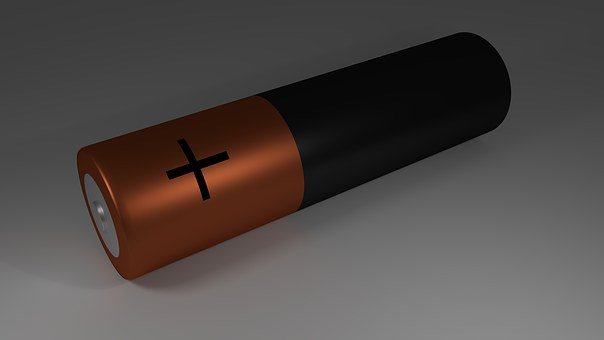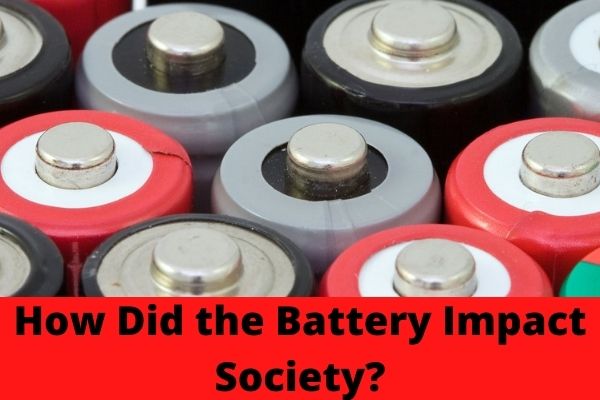Duracell is one of the most popular brands in the world for manufacturing alkaline and rechargeable batteries. Their performance is high and long-lasting.
Unfortunately, like most other car batteries, Duracell can leak too. And it’s not about Duracell as a company. This is a common thing with almost all alkaline batteries. The leaking is common as the battery becomes old.
This article will discuss basic things you should know about battery leakages.

What Are Duracell Batteries Made Of?
Like other batteries, Duracell batteries are made up of a cathode and an anode as terminals. They have terminal separators and chemical composition inside. The chemical composition is also called electrolytes.
These electrolytes include the following chemicals.
- Zinc
- Manganese dioxide
- Potassium
- Graphite
Why Does A Duracell Battery Leak?
Chemical reactions inside the batteries cause most leakages. The reaction leads to the production of different gases such as hydrogen. And when the gas is more than the battery can handle the casing starts to swell. And eventually, cracks can easily form on the out cover of the battery leading to the leakages.
Duracell batteries come with a limited warranty, so within that period, it is very much rare to experience a battery leakage. If your battery begins leaking before the set time, then you can take advantage of the warranty and get a replacement for free. The leakages mostly happen when the battery is old and can’t handle excess hydrogen.
Is There A Leak Warranty?
Every Duracell battery comes with a limited warranty. This warranty covers issues such as leakages that could be caused by swelling. So, when your battery begins swelling before its warranty expires, claim a replacement of refund.
However, since batteries get old and start leaking, there’s no lifetime leakage guarantee with Duracell. After using the battery for a certain period of time, expect to see some leakages that come with the battery usage.
Effects of Duracells Battery Leakages
Battery leakages are dangerous. Replace your battery the moment you notice any leakages. This is because a leaking battery could lead to serious damage.
Here are some of the top risk factors associated with leaking batteries.
- Risk Damaging Your Car
The leakage in the battery results in the eruption of potassium hydroxide. This chemical can get your device damaged or may end up short-circuiting. So, it’s a great risk you can’t take on your own.
- Cause Problem While Exposure to Skin
Duracell batteries have a high level of Potassium hydroxide. When this chemical comes into contact with your skin, it will cause serious issues such as irritation and itching. It might start burning your skin.
- Risk of Explosions
The most feared thing about battery leakage is an explosion. Often, we hear that the battery of a mobile phone explodes due to leakage.
The same may happen in the case of a Duracell battery too. But the chances are very low.
Besides, the hydroxide produced in a cell is too much for the battery to handle. Due to the overheating and leakage, an explosion can cause quite serious damage to the device as well as the user.
Hydrogen gas produced by dying batteries is extremely explosive. A spark around a leaking battery could a huge explosion that could damage your vehicle and possibly cause tragic deaths.
What To Do If The Duracell Battery Is Leaked Within Warranty Period?
We already mentioned that you could file a claim with the company once you realize the battery is leaking within the warranty period.
The Duracell customer care would require you to prove the issue with the battery and that you didn’t cause it yourself. Your battery won’t be accepted for warranty compensation or replacement if it has either of the following issues.
- Short circuit
- Battery kept for too long inside the device
- Expiration of the warranty period
Conclusion
Whether you use Duracell or any other battery brand, it will most probably develop leaking problems. This is especially if you use the battery to the end of its lifespan. As the battery becomes old, it accumulates more hydrogen that could eventually make it to swell and begin leaking.

